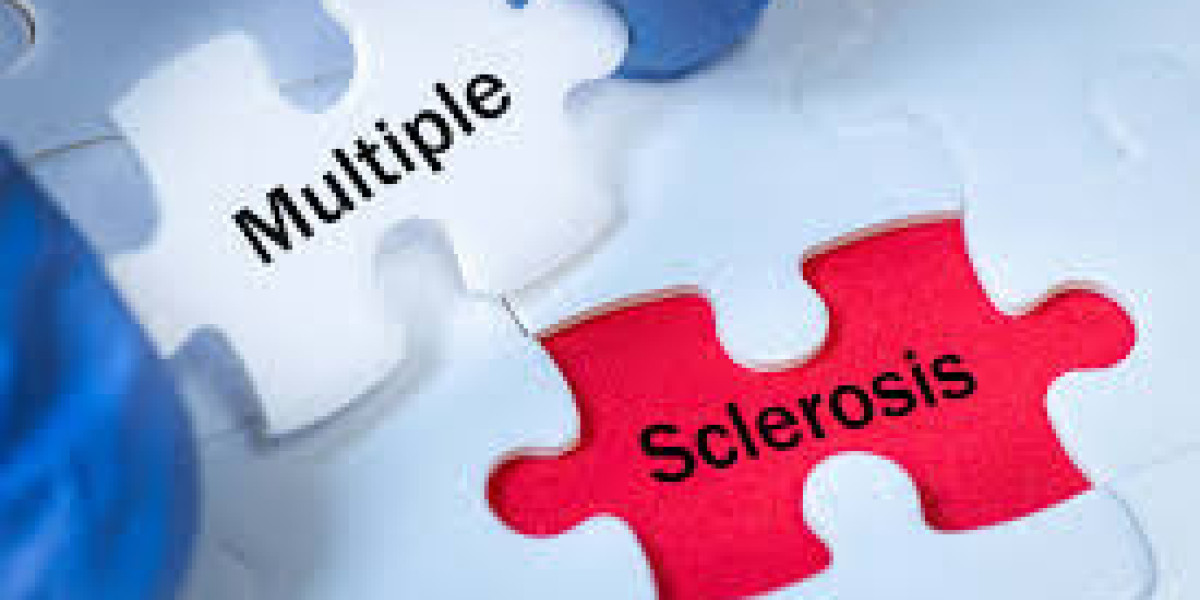Multiple Sclerosis (MS) is often described as a “disease of a thousand faces” because it presents differently in every individual. It is a lifelong condition where the immune system attacks the nervous system, leading to symptoms that can range from mild numbness to severe disability. While the diagnosis can feel overwhelming, modern medicine and lifestyle adjustments have made it possible for people to live meaningful, active lives with MS. This article explores not only the medical aspects of the disease but also the opportunities for strength, resilience, and growth that arise from living with it.
The Science Behind MS
At its core, MS is an autoimmune disease. The immune system mistakenly treats myelin, which covers nerve fibers, as an intruder. This causes inflammation and damage, leading to scars or lesions in the nervous system. These scars interfere with the transmission of electrical signals, producing unpredictable symptoms. Because the brain and spinal cord are affected, no two patients experience MS in the exact same way.
Everyday Symptoms
For many people, fatigue is the most challenging symptom. It is not the normal tiredness that goes away after rest, but a deep exhaustion that makes even simple tasks difficult. Other common issues include muscle spasms, difficulty walking, vision disturbances, slurred speech, and problems with bladder control. Cognitive difficulties, such as trouble remembering things or concentrating, also affect daily life. These symptoms may appear suddenly and then improve, or they may slowly worsen over time.
Diagnosis and Uncertainty
Receiving an MS diagnosis often brings mixed emotions—relief at finally having answers and fear of the unknown. The unpredictable nature of the disease makes planning for the future difficult. Some people experience long periods of remission with little to no symptoms, while others face steady decline. This uncertainty is one of the hardest parts of living with MS, requiring patients and families to learn flexibility and patience.
Modern Treatment Approaches
Over the last two decades, treatments for MS have improved dramatically. Disease-modifying therapies reduce flare-ups and delay progression, giving patients more control over their condition. Newer oral medications and infusion therapies offer alternatives to injections, making treatment easier to manage. Alongside medical therapy, rehabilitation plays an equally important role. Physical therapy improves mobility, occupational therapy helps with daily tasks, and counseling supports emotional well-being.
Psychological Impact
The emotional burden of MS can be just as heavy as the physical one. Depression and anxiety are more common among people with MS compared to the general population. The unpredictability of the disease creates stress, and the limitations it imposes may lead to feelings of isolation. Mental health care must be integrated into MS management, with therapy, mindfulness practices, and peer support groups offering valuable relief.
Lifestyle and Adaptation
While MS changes many aspects of life, it does not take away the possibility of joy and achievement. Regular physical activity tailored to one’s ability strengthens muscles and improves mood. A diet rich in fruits, vegetables, lean proteins, and whole grains supports overall health. Avoiding smoking and limiting alcohol intake can slow disease progression. Importantly, adaptive tools and technologies, such as mobility aids and speech-to-text software, empower individuals to maintain independence.
Building Support Systems
Support is essential in managing MS. Families, friends, and caregivers play an important role, but connecting with others who live with MS brings unique understanding. Online communities and local support groups allow people to share experiences and learn coping strategies. Education and awareness also help reduce stigma, making workplaces and communities more inclusive.
Hope for the Future
The fight against MS is gaining momentum. Researchers are exploring ways to repair damaged myelin and restore nerve function. Advances in stem cell transplants and immunotherapy are opening new doors for treatment. Every year brings new hope that MS will one day be not just manageable but curable.
Conclusion
Living with Multiple Sclerosis is a journey filled with both challenges and opportunities. While it imposes physical and emotional obstacles, it also teaches resilience, courage, and the importance of community. With the right treatment, lifestyle adjustments, and emotional support, people with MS can lead lives full of meaning and purpose. Rather than defining individuals, MS becomes one chapter of a larger, inspiring story of human strength.








